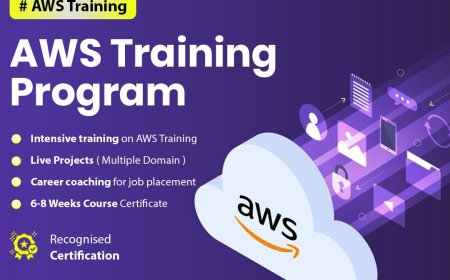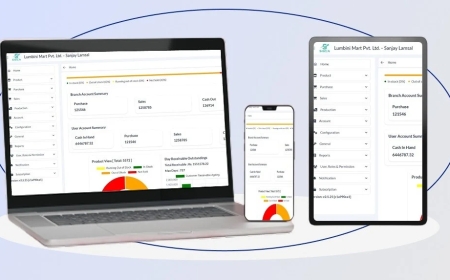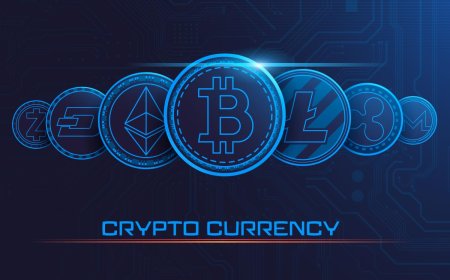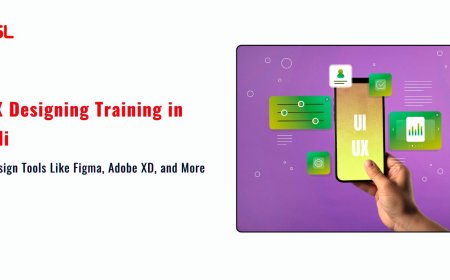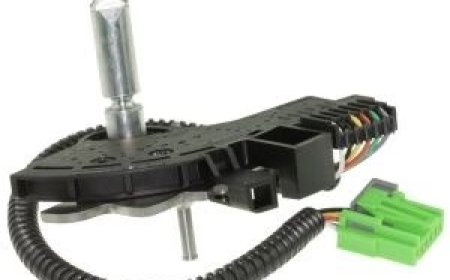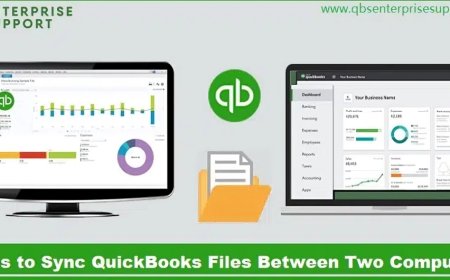Power Up with Solar Energy
Introduction: The Solar Energy Revolution Has Begun
In a world increasingly aware of climate change, rising electricity bills, and the need for clean energy, one solution is leading the chargesolar energy. It's renewable, cost-effective, and available in abundance. And when harnessed through the right solar energy setup, it can power homes, businesses, and communities more efficiently than ever.
At Home Leader, we're more than just installerswere partners in your energy transformation journey. This guide covers everything you need to know to go solar with confidence.
What is Solar Energy?
Solar energy is the power generated from sunlight. Using specialized equipment like solar panels, this sunlight is converted into electricity for residential and commercial use. It's clean, sustainable, and a direct way to reduce reliance on fossil fuels.
Two main technologies power the solar revolution:
-
Photovoltaic (PV) Systems: Convert sunlight directly into electricity using solar cells.
-
Solar Thermal Systems: Use sunlight to heat water or air for home or industrial use.
Whether you're heating your home or powering your life, solar energy is a reliable, renewable solution.
Benefits of Solar Energy
1. Save Money on Utility Bills
A properly installed solar energy setup can reduce or eliminate your electricity bill. You produce your own energy, lowering your dependency on the grid.
2. Go Green
Solar energy produces zero emissions. By switching to solar, you contribute directly to reducing air pollution and slowing global warming.
3. Increase Property Value
Homes with solar systems sell faster and at higher values. Buyers love energy-efficient upgrades.
4. Energy Independence
Tired of rising rates? With solar, you're not at the mercy of utility companies. You control your energy production and costs.
5. Low Maintenance, Long-Term Returns
Solar systems require little upkeep and last 2530 years on average, offering decades of clean energy.
Understanding the Solar Energy Setup
To benefit from solar energy, you need the right solar energy setupan arrangement of components that work together to collect, convert, store, and distribute solar power.
Key Components:
-
Solar Panels: Capture sunlight and convert it into DC electricity.
-
Inverter: Converts DC into usable AC electricity.
-
Mounting System: Supports panels on your roof or ground.
-
Battery Storage (Optional): Stores excess power for use at night or during outages.
-
Monitoring System: Tracks performance and efficiency in real time.
Your solar energy setup can be grid-tied, off-grid, or hybrid depending on your location and needs.
Step-by-Step: How to Install a Solar Energy Setup with Home Leader
At Home Leader, we make going solar easy. Heres how our process works:
Step 1: Free Energy Audit
We analyze your current energy usage and roof space to determine what type of solar energy setup fits your home best.
Step 2: Custom System Design
Our engineers design a personalized solar layout that optimizes sunlight exposure and meets your power needs.
Step 3: Permits & Approvals
We handle all paperwork, including local building permits and utility approvals, so you dont have to.
Step 4: Professional Installation
Certified technicians install your system quickly, safely, and with minimal disruption to your property.
Step 5: Inspection & Activation
After a final inspection, your system is activated, and you begin producing your own solar energy right away.
Cost of Solar Energy Setup: What to Expect
Many homeowners ask: How much does a solar energy setup cost?
General Pricing:
-
Residential solar systems typically cost $10,000 to $25,000 before incentives.
-
With federal and state tax credits, that price can drop significantlyoften by 30% or more.
Factors Affecting Cost:
-
Size of the system (measured in kilowatts)
-
Type of panels and inverter used
-
Roof complexity and orientation
-
Whether battery storage is included
Payback Period:
Most homeowners see a return on investment in 6 to 10 years, with systems producing savings for 25+ years.
Solar Incentives, Rebates, and Tax Credits
Governments and utilities offer various programs to encourage solar adoption:
1. Federal Solar Tax Credit (ITC)
Claim 30% of your total system cost as a credit on your federal taxes.
2. State & Local Incentives
Many states offer rebates, sales tax exemptions, and performance-based incentives.
3. Net Metering
Earn credits or money by sending excess energy back to the grid. Its like having the power company pay you.
Ask Home Leader about what incentives you qualify for in your areawe'll guide you through it all.
Maintenance & Lifespan of Solar Panels
One of the best things about solar energy systems is how little maintenance they require:
-
Cleaning: Just hose down panels every few months or after heavy pollen/dust.
-
Monitoring: Keep an eye on your energy output via the monitoring app.
-
Professional Checkups: An annual inspection ensures peak efficiency.
Solar panels last 2530 years, with warranties often covering 20+ years. Inverters and batteries may need replacement every 1015 years.
Residential vs. Commercial Solar Energy Setup
For Homeowners:
-
Cut monthly bills
-
Protect against inflation
-
Increase property value
-
Power your home during outages (with battery backup)
For Businesses:
-
Slash operational costs
-
Meet sustainability goals (ESG)
-
Tax advantages and depreciation benefits
-
Improve brand image as eco-conscious
Off-Grid vs. Grid-Tied vs. Hybrid Systems
1. Grid-Tied Solar Systems
-
Most common
-
Connected to utility grid
-
Use net metering to offset costs
2. Off-Grid Systems
-
Independent from power grid
-
Ideal for remote areas
-
Requires battery storage
3. Hybrid Systems
-
Combines grid connection + batteries
-
Best of both worlds: lower bills + backup power
Your choice depends on location, budget, and energy needs. Home Leader helps you choose the right solution.
Common Solar Energy Myths Debunked
? Myth 1: Solar Panels Dont Work in Cold or Cloudy Climates
? Fact: Panels still produce electricity on cloudy daysjust at slightly reduced output.
? Myth 2: Solar Energy Setup Is Too Expensive
? Fact: With incentives and financing, solar has never been more affordable.
? Myth 3: Solar Panels Damage Your Roof
? Fact: Properly installed panels protect your roof and may extend its lifespan.
? Myth 4: Maintenance is a Hassle
? Fact: Solar systems are low-maintenance and extremely durable.
The Future of Solar Energy
The solar industry is evolving rapidly, and its exciting. Innovations are making solar energy more accessible, powerful, and efficient.
Emerging trends include:
-
Solar roofing tiles
-
Bifacial panels that collect sunlight on both sides
-
Smart home integration
-
AI-powered energy management
-
Transparent solar windows
With smart systems and battery tech improving daily, now is the best time to invest in your own solar energy setup.


